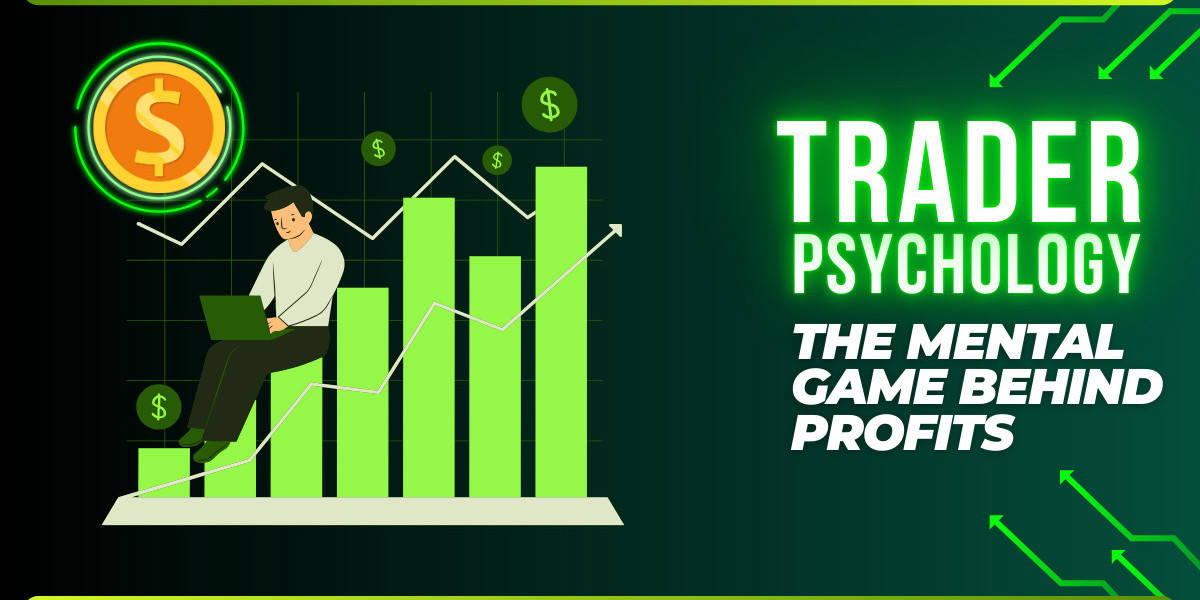In the realm of trading, success is not based only on techniques, facts, or transaction timing. Actually, a trader's success or failure is much influenced by his psychological component of trading. Your mental state will greatly influence your decision-making process, risk tolerance, and finally your trading performance whether you tra de long term, swing, or daily. Mastery of not just the markets but also your own thinking depends on an awareness of the psychology of a trader.
The Emotional Rollercoaster of Trading
Many people equate trading with an emotional rollercoaster. After a successful transaction, one minute you can be on top of the world and the next you might feel the pain of a losing position. Common in trade are emotions like optimism, fear, and greed. Though normal, these emotions may distort judgment and cause bad decisions.
- Fear: Among the strongest emotions a trader must deal with is fear. It often results from traders' uncertainty about the swings of the market or from their major losses. Hesitancy brought on by fear can cause traders to doubt their plans, hastily conclude deals, or refrain from accepting measured risks. Extreme situations might cause "analysis paralysis," in which a trader is so terrified of making a mistake they never make any judgments at all.
- Greed: Conversely, greed could be equally as harmful as anxiety. Often driven by the need for rapid returns, traders either take unwarranted risks or hang onto winning positions for too long in hopes the market will keep moving in their advantage. This emotional tug may cause overtrading, in which traders hop in and out of positions excessively often, or the "fear of missing out" (FOMO) syndrome, in which case traders act impulsively in search of every possible profit.
- Hope: One such feeling that could impede trading performance is hope. Hoping the market would turn around, traders may find themselves hooked to a poor deal and hang on longer than advised. This "hopium" may be risky as it encourages traders to overlook their risk-management techniques and follow a losing trade until it eliminates some of their capital.







